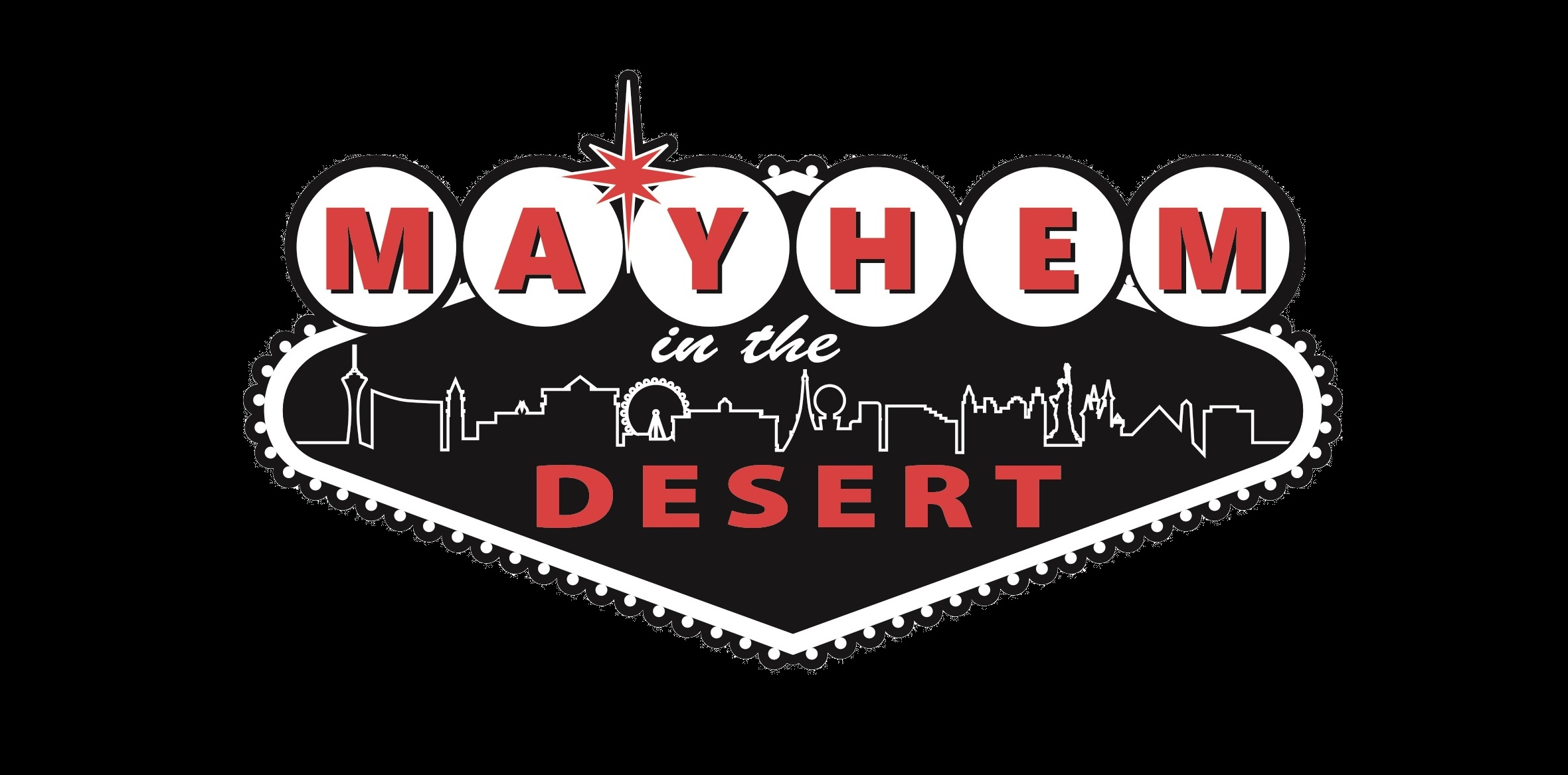establishing law and order: Vegas’s first officer to die in the line of duty
““You still armed?””
Article in Las Vegas Age announcing murder of Night Watchman Joe Mulholland.
bringing law and order to one of the last old west towns
Las Vegas was established on May 15, 1905. With the establishment of the new town, it became necessary to bring law and order to what was a bastion of the Old West that was giving way to the modernity of the 20th century. News reports from the Las Vegas area at this time involve frequent bar brawls and shootouts among the miners and railroad workers that constituted the majority of the city’s populace.
At this time Las Vegas sat at the southern end of Lincoln County, with the county seat of Pioche over 150 miles away.The sheriff of Lincoln County appointed Joe Mulholland, a former Union Pacific Railroad security guard, as the Night Watchman of Las Vegas.While Mulholland served as Night Watchman, the position entailed all of the duties expected of a modern police officer, such as patrolling the streets, making arrests, and overseeing the transport of prisoners to the District Court in Pioche for trial.
Las Vegas jail circa 1910’s - 1920’s. The jail offered even worse accommodations at the time of the Mulholland murder.
an altercation, an arrest, an act of mercy
Mulholland had been on the job for only a few weeks when one evening at Frye’s Saloon (one of the half-dozen or so establishments that served as bars, brothels, boarding houses, or a combination thereof in Block 16, the Red Light District of early Vegas), he became entangled in an altercation with a young twenty-something prospector from Butte, Montana named William McCarthy over the ownership of a ring. McCarthy had a reputation for lingering around the bars and brothels of Block 16 in his off-time. The verbal dispute ended with Mulholland punching McCarthy, pulling his sidearm, and placing him under arrest.
Mulholland took the inebriated McCarthy to the city jail, nicknamed “the Blue Room”, and notorious for its dank, dungeon-like conditions.After letting McCarthy stew for an hour or two, Mulholland released his prisoner in the dark early morning hours.Mulholland returned to Frye’s Saloon, where he told the bartender and others gathered at the bar that he had taken mercy on McCarthy.“I couldn’t let any man stay in that cold, damp cell overnight.”
Block 16, where the Mulholland murder occurred on October 1, 1905.
mccarthy’s revenge
McCarthy, probably still heavily under the influence, visited his friend, Jack Quintell, to obtain a revolver. As the sun was rising over the Las Vegas valley, William McCarthy walked back to Frye’s Saloon on Block 16. Most customers had cleared out by now, and the only people left at the bar were three employees counting out the cash register while conducting a shift change and Watchman Mulholland.
McCarthy slipped through the rear entrance to Frye’s Saloon and made his way unnoticed to the main part of the establishment. He looked as Mulholland and asked, “You still armed?” Without waiting for an answer, McCarthy raised his revolver, firing three times. The first round struck Mulholland in the upper right chest. Mulholland spun, causing the last two rounds to land in his back.
Roy Martin, one of the first doctors in Las Vegas, was brought to the scene of the shooting within minutes and dressed the gunshot wounds in an effort to stabilize Mulholland.At this time, the normal practice in Las Vegas and other frontier mining towns was to stabilize a patient long enough to send them by train to hospitals in Los Angeles.Unfortunately the wounds were too serious to be treated with the meager means available to Dr. Martin in the newly established town, and Mulholland died around eight o’clock the morning of October 1, 1905.
Las Vegas Age article expressing shock at acquittal of McCarthy for the shooting of Watchman Mulholland.
A shocking acquittal and an “opportunity for reform”
McCarthy was sent by train to Pioche for trial on charges of first degree murder – charges that could have resulted in McCarthy’s hanging at the Nevada State Prison in Carson City. By all account in the local Las Vegas press, the shooting of Mulholland had been committed in cold blood and with premeditation.
At the time of McCarthy’s trial, he retained the services of a retired Utah judge to act as his defense attorney. McCarthy presented testimony from his fellow prospectors that Mulholland had abused his authority, belittled and humiliated McCarthy the night of the shooting, and that Mulholland was generally an unlikeable person. No relatives of Mulholland could be located, making it difficult for the prosecution to rebut the charges against Mulholland’s character. The jury apparently found McCarthy’s explanation of the whole affair satisfactory, deliberating for only an hour and finding him not guilty on the first ballot. This seems a case of an Old West jury finding that Mulholland was a person in need of shooting.
The local Las Vegas paper expressed shock at the acquittal of McCarthy. McCarthy apparently made a brief trip back to Vegas to tidy up his affairs before returning to his hometown of Butte, Montana. The paper noted the following about McCarthy: “He is yet a young man and it is hard to conjecture what effect his easy acquittal will have on his future character. There is an opportunity for reform and a more useful career than that which he pursued while in Las Vegas.”
It is unknown whether McCarthy took advantage of the chance for reform he was given back in Butte.




